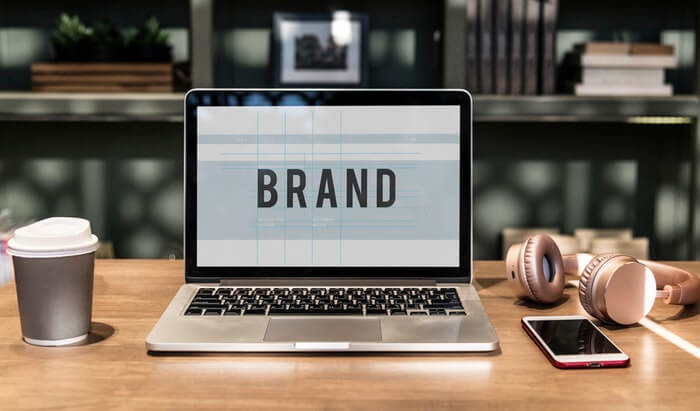Product customisation has been an efficient marketing and branding strategy for decades now, and as long as you manage to get a few key factors right, the strategy can be just as effective for your company as well, irrespective of its size or field of business.
Matching the Product with the Brand: Is It Necessary?
Is it necessary to ensure that the product matches the brand in some way? The answer would be a no, it isn’t necessary at all, but it can’t hurt either.
For example, the classic coffee mug is considered as one of the most cost-effective and useful corporate gifts for branding, and it isn’t necessary for the mugs to be related to the brand’s actual business in any way. However, at the same time, coffee mugs are excellent mementos and merchandising products for cafes in general.
Making Practical and Budget-Friendly Choices
The size, scale, and products used for the promotional merchandising must match the size, scale, and budget of the respective establishment. A clever and budget-friendly way to promote your brand through personalised products would be to gift personalised flipflops and slide sandals, or printed tees to your employees, customers (potential/present) and pretty much anyone else that you think will be interested.
Personalised flipflops and printed t-shirts being things that people actually wear even away from work, the branding potential here is pretty far-reaching. On top of that, they also have the advantage of being truly unique, that is, each of the products can be custom made to suit your specific needs, giving them the uniqueness branding products so often lack.
Partnering Up: When Relevance Matters
Earlier we mentioned how the actual product doesn’t necessarily have to match the business of the brand in order to be successful in its use as marketing material, but at the same time, we also mentioned how it can’t hurt to have the two be related in some way either. Well, that connection is precisely what this tactic emphases and takes full advantage of.
Popular sports brands pair up with popular designer clothing brands often to promote each other, while seeing a lubricant manufacturer’s brand name imprinted on the side of a racing car is as common a sight as any. The principle idea here is to find a related business, one that has a similar or even the same customer base as that of your business but caters to a different need.
A good example of this would be when a local craft beer company runs a promotional campaign inside a local bar, giving away free, branded beer mugs with each order of their brand’s beer. See if you can find a way to launch a similar, mutually beneficial promotional campaign with another business.
Sometimes, it’s not even impractical for competitors to promote each other when there are multiple small businesses within a small area, but you will have to choose your allies carefully if you do take that route.

Leave a Reply